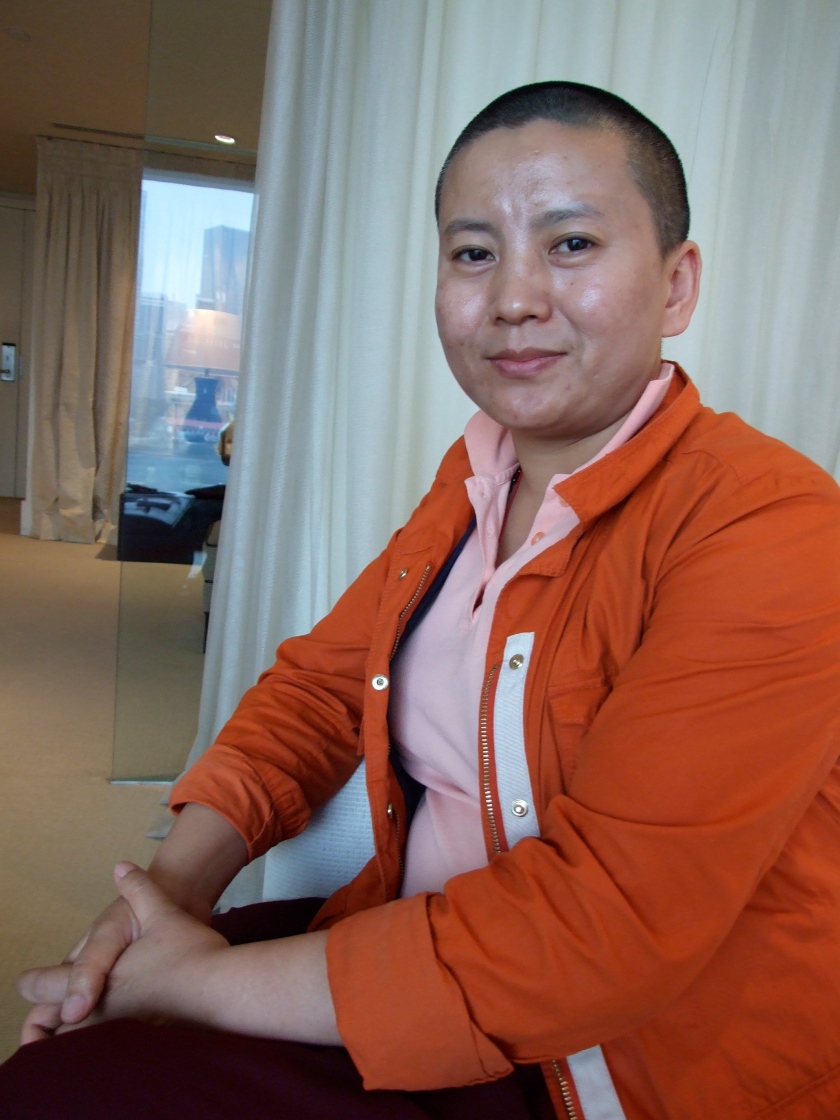by Richard Pennick, Yahoo News, February 1, 2016
Richard Pennick stays in an historic centre of Shingon Buddhism
Koyasan, Japan -- It is a place of tranquil beauty. Moss-covered tombs and headstones lean at odd angles, tilted by intruding roots. A forest of giant cedars has grown up over the centuries around the stone memorials. I am walking through the ancient Okunoin Cemetery.
.jpg) A night as a Buddhist monk in Koyasan
A night as a Buddhist monk in KoyasanShojoshin-in Temple Inn is a serene place to stay. Picture: Richard Pennick
Earlier today, I left Kyoto by train and three hours later arrived at the foot of Mt Koya. I rode the funicular up the steep forested mountainside to this small, peaceful mountain-top town of Koyasan, the world headquarters of the Shingon School of Esoteric Buddhism and the home of this Okunoin Cemetery.







